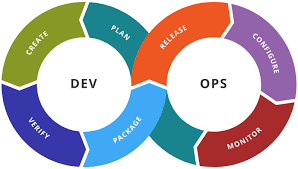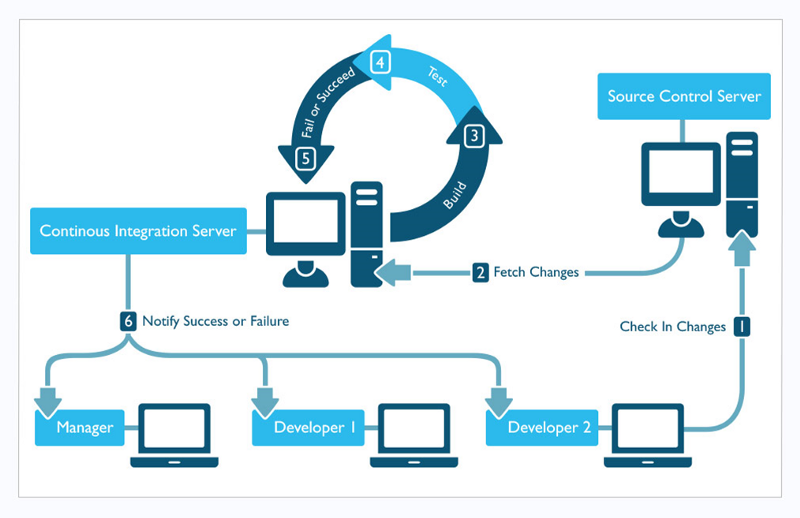
In recent years, the phrase "DevOps" has become more and more common in the software development industry. It combines the roles of development and operations and symbolizes a culture and set of procedures intended to close the gap between these two roles. DevOps has become essential in an Agile development approach because it enables businesses to produce software more rapidly, more predictably, less serious risk of human error in the deployment process.
What is Agile?
Agile development (if you've been following us for any amount of time) is an approach that places a strong emphasis on the customer, business adaptability, and cross-functional teamwork. The Agile Manifesto, a set of ideals and principles that direct the development process and serves as the foundation to any brand of agile. Agile development is incremental and iterative, which implies that software is given in manageable chunks and that user feedback is used to continuously enhance the end result.
Agile has been beneficial in assisting organizations in producing software more efficiently and with higher quality, but it has also brought forth many new difficulties. The integration of development and operations presents the biggest hurdle. Development and operations were two distinct roles in conventional software development, and there was frequently a disconnect between the two. This gap raised the likelihood of software failures and caused a bottleneck in the delivery process. Imagine being an infrastructure team member trying to troubleshoot why the Development Team's app was not working. Who do you think is better at troubleshooting the app? The people who wrote it or the people who simply provide the platform for the app to run?
What is DevOps?
The goal of DevOps is to close the gap between development and operations while increasing the speed and lowering the risk of the software delivery process. Organizations must eliminate the divisions between development and operations and work as a single team in order to implement the DevOps culture. To accelerate and improve the reliability of the software delivery process, DevOps also demands the use of automation technologies and procedures. Humans tend to be more prone to making errors in the manual management of configuration and deployment actives; especially ones that need to be performed over and over like a development / testing cycle.
The ability to provide software in a consumable state for customer feedback is one of DevOps' main advantages. Many of the manual procedures that slow down the software delivery process are automated by DevOps. For instance, DevOps automates software deployment, enabling quicker and less-risky software distribution to production. Additionally, DevOps automates testing, allowing for quicker and more thorough testing of software.
I think I first heard the term DevOps from Jez Humble and his talks on Continuous Delivery, but it appears the term has a deeper origin.
Higher Quality
DevOps aids businesses in producing higher-quality software, which is another benefit. Software may be tested more extensively and with a lower chance of human error because to DevOps' automation of the testing process. Software may be deployed to production with less risk of configuration problems because to DevOps' automation of the deployment process. When errors are found, they can be corrected and built back into the automation framework; providing assurance that error won't happen again.
Lowering Risk
DevOps aids enterprises in lowering risk. Software can be delivered and tested more quickly and risk-free due to DevOps' automation of these workflows. Organizations may recover from software failures quicker and with less risk due to DevOps' ability to roll back software to a previous version in the event of a problem or my preference rolling forward because we were able to address and fix the issue with much less overhead than a manual deployment.

Final Thoughts
DevOps is essential in an Agile development approach because it enables businesses to produce software more efficiently, more reliably, and with reduced risk. Organizations must eliminate the divisions between development and operations and work as a single team in order to implement the DevOps culture. Infrastructure as code (IaC) is also a leading method to help join the two operations together. It is crucial to start with a sound plan, include all stakeholders, and continuously enhance your DevOps processes and tools; it takes a village.
Learn more about advanced agile techniques in our Advanced Certification Workshops!